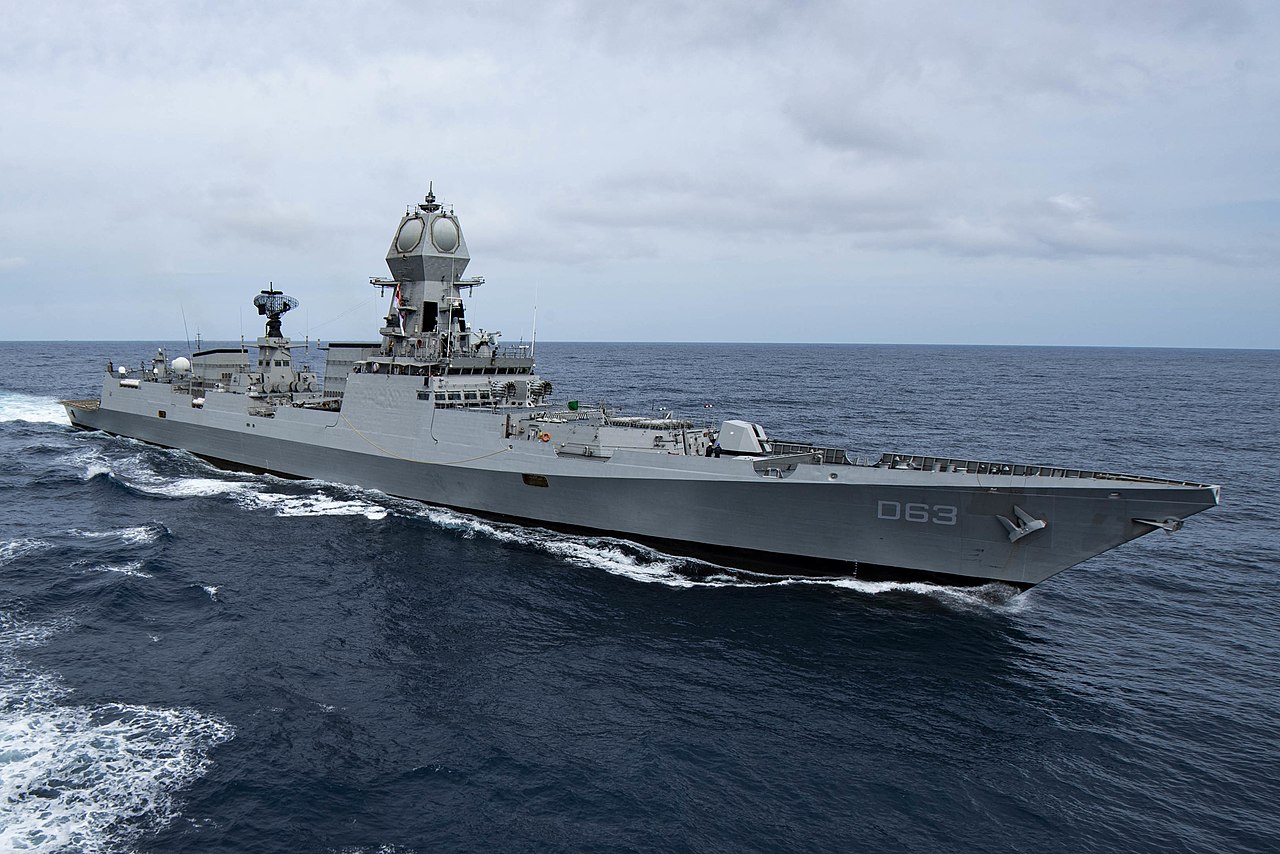Indian officials say that they have sent at least 12 boats east of the Red Sea to protect against pirates and have looked into more than 250 ships as Western countries focus on attacks by the Houthis in Yemen, who are backed by Iran.
The Indian Navy has no boats in the Red Sea and has not joined the U.S.-led task force there. Some sources say that it has at least 10 warships and surveillance planes in the northern and western Arabian Sea, as well as two frontline warships in the Gulf of Aden.
The Indian army said this is its biggest operation in the area.
India’s Foreign Minister, Subrahmanyam Jaishankar, said that the country’s growing power, interests, and reputation meant it should be able to help in tough circumstances.
“When bad things happen in another country and we say, ‘I have nothing to do with this,’ we will not be seen as a responsible country,'” he said at a public event on Tuesday.
The US, France, and China are among the other countries with navy forces in the area, but Indian officials say theirs is the biggest.
Indian military and defense officials said that in the last two months, navy troops, including special commandos, have searched more than 250 ships and small boats and boarded more than 40 of them. This is because piracy is back after a six-year break.
The Indian Navy said that since December 1, there have been at least 17 cases of kidnapping, attempted hijacking, and strange approaches.
Since November, the Houthis in Yemen have attacked ships in the Red Sea, which is part of a route that about 12% of the world’s shipping trade uses. They say they are doing this to help the Palestinians in their war with Israel.
A task force led by the United States is protecting ships in the Red Sea and this month began attacks across Yemen against Houthi forces.
Indian experts, on the other hand, said that the fighting is spreading beyond the Red Sea.
“Houthis and piracy are not related.” “But pirates are trying to take advantage of the fact that the West is focusing on the Red Sea,” a navy officer who did not want to be named said.
A spokesperson for the Indian Navy did not answer a call for comment.
An expert on foreign policy at the Observer Research Foundation think tank in New Delhi, Harsh Pant, said that the Indian Navy is doing normal police work.
In the first two days of this week, it helped save two Iranian fishing boats and one Sri Lankan boat. In December, it helped two commercial ships that were being attacked from the air near India’s Exclusive Economic Zone.
Two Indian sources said that the December attacks used Shahed 136 drones made in Iran, but they didn’t blame Tehran. Tehran quickly denied U.S. claims that it was involved in those attacks. This month, Jaishankar went to Iran and brought up the problem of maritime security.
Pant said that the Indian Navy is showing more and more that it can protect not only its own interests but also the trust of other countries in the area by showing that it is ready and able to take on regional responsibilities.
